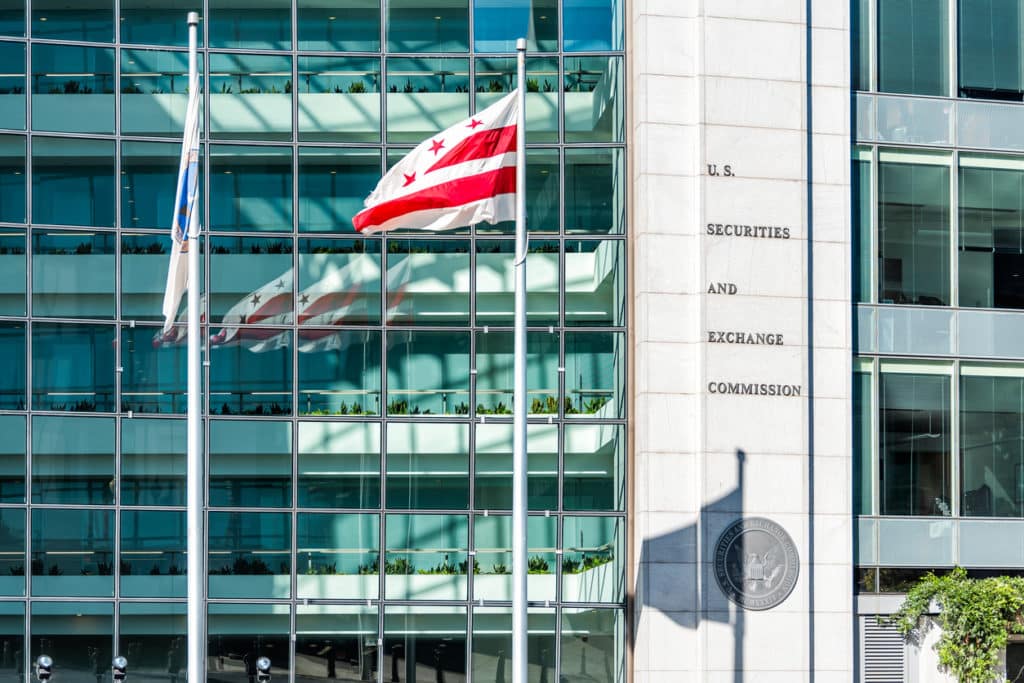On November 16, the U.S. Securities and Exchange Commission (SEC) Whistleblower Program released its 2020 Annual Report to Congress. The 2020 fiscal year (FY 2020) was a record-setting year for the program in a number of ways, including the number of whistleblower tips received, the number of whistleblower award claims processed, the number of whistleblowers rewarded, and the total dollar amount of whistleblower awards issued.
The report details these recent successes of the program as well as the specific activities of the SEC’s Office of the Whistleblower (OWB), including the whistleblower award determination process. The report confirms that in the ten-year history of the whistleblower program, $2.7 billion in total monetary sanctions have been triggered by whistleblower disclosures, including “more than $1.5 billion in disgorgement of ill-gotten gains and interest, of which more than $850 million has been, or is scheduled to be, returned to harmed investors.” Since issuing its first award in 2012, the SEC has awarded over $720 million to whistleblowers.
“The SEC program is a tremendous success,” said whistleblower attorney Stephen M. Kohn, partner at qui tam firm Kohn, Kohn & Colapinto and Chairman of the Board of Directors of the National Whistleblower Center. “The Commission has worked on a bi-partisan basis to hold Wall Street fraudsters accountable and protect the small investors. This is a model for other whistleblower programs to follow, and a testament to the importance of rewarding whistleblowers for their inside information. All of the SEC Commissioners, its enforcement staff and the staff of the Office of the Whistleblower deserve the thanks from all Americans who have significantly benefited from their excellent work.”
The report begins with a message from Jane Norberg, the Chief of the OWB. She states: “The milestones achieved in FY 2020 for the number of claims processed, the amount awarded in a single fiscal year, and the number of whistleblowers awarded are reflections of the Commission’s dedication to the program, and efforts by the resolute and dedicated staff in OWB, in partnership with other staff in Enforcement, to increase efficiencies in the review and processing of award claims. We are proud that OWB staff, along with our colleagues across the Commission, were able to continue operations and work effectively despite the challenges of COVID-19.”
The records set by the SEC Whistleblower Program in FY 2020 are numerous. In FY 2020, the SEC awarded approximately $175 million to 39 individuals — both the highest dollar amount and the highest number of individuals awarded. Notably, the 39 individuals figure is triple the previous record of individuals who received awards. The SEC also issued Final Orders for a record 197 whistleblower award claims and processed a record 315 claims to Preliminary Determination. The SEC additionally received 6,900 whistleblower tips in FY 2020 – a 31% increase over the previous record. Whistleblower tips were received from individuals from all 50 U.S. states and 78 foreign countries.
The report also details the rule changes to the whistleblower program approved by the SEC in September 2020. These changes affect a number of aspects of the program, including award determinations, anti-retaliation protections, and the disclosure process. While some whistleblower advocates and two SEC Commissioners expressed reservations about specific rule changes, the final changes were largely seen as a win for whistleblowers. Following the vote on the rule changes, Kohn authored the definitive analysis of the changes.
Norberg concluded her opening message in the report by stating: “FY 2020 truly was a historic year that demonstrated the Commission’s dedication to the whistleblower program, which continues to have a significant impact on the Commission’s enforcement efforts and protection of retail investors. We hope the awards made in FY 2020 continue to incentivize whistleblowers to come forward and report specific, timely, and credible information to the Commission, which in turn enhances the agency’s ability to detect wrongdoing and protect investors and the marketplace.”
Read:
